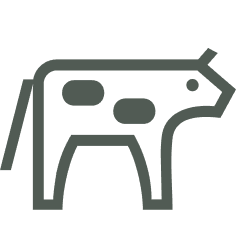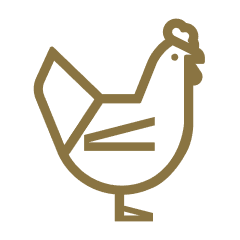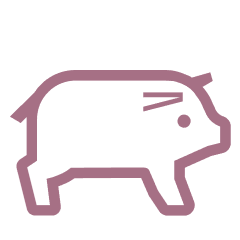AviPlus®R un rimedio contro lo stress da caldo!
Quando l’animale si trova ad affrontare per un tempo prolungato condizioni al di fuori della sua zona di termo-neutralità si parla di stress termico, con conseguenze negative sull’efficienza produttiva e riproduttiva. La risposta fisiologica allo stress da caldo è caratterizzata da una ridotta assunzione di sostanza secca e da un aumento della temperatura corporea, della […]








